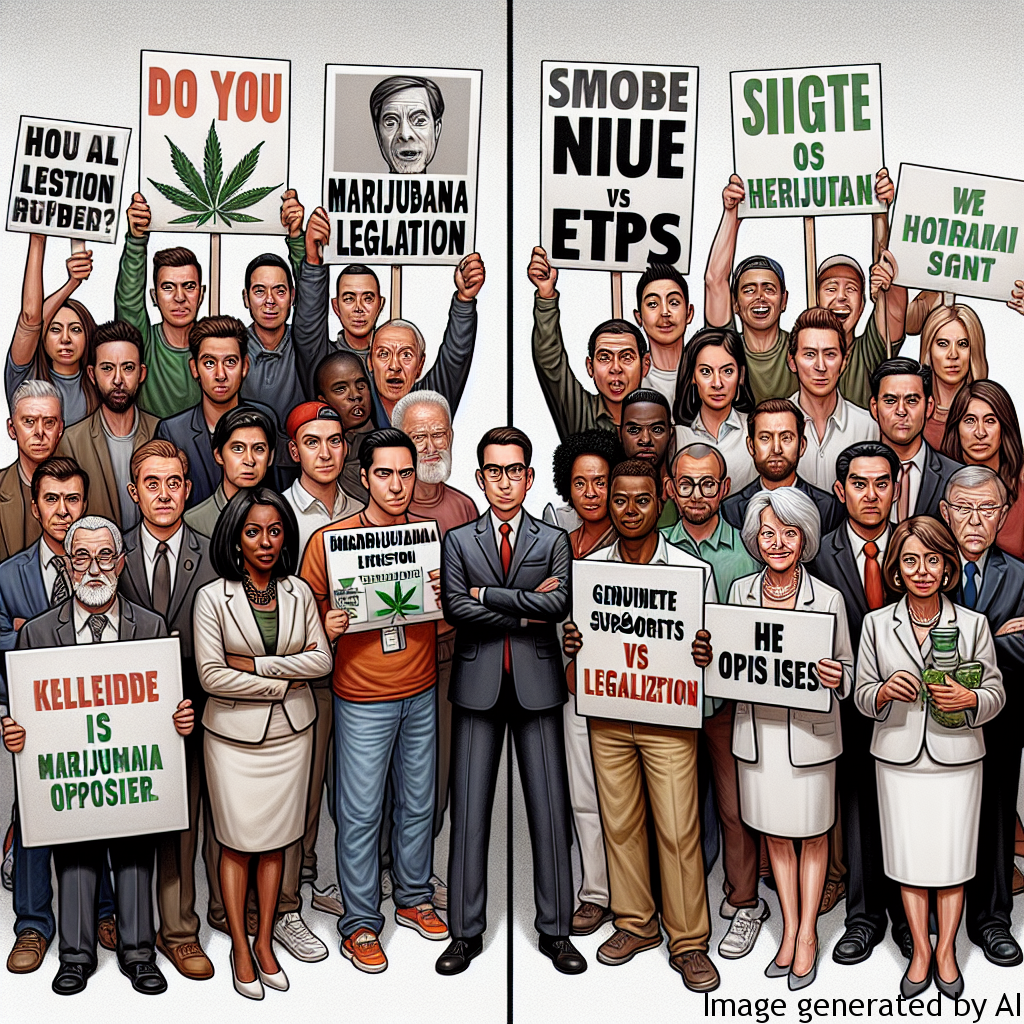Introduction
The debate about marijuana legalization has been ongoing for many years, with arguments from both sides presenting valid viewpoints. Marijuana use comes with its benefits and drawbacks, and these are the center of the controversy. This article will explore the arguments from both perspectives.
The Arguments for the Legalization of Marijuana
Economic Benefits
The supporters of marijuana legalization argue that it would provide an important economic boost. Legalized marijuana could be taxed by the state and contribute to its revenue. This income could then be used to finance public initiatives like education, health, and infrastructure.
Medicinal Application
The medicinal benefits of marijuana are another compelling argument. Marijuana is already used as a medication in several treatments, such as relieving chronic pain and symptoms of multiple sclerosis, and reducing nausea and vomiting during chemotherapy.
Decreasing Crime Rates
Advocates also argue that legalization could decrease crime rates, as it would eliminate the illegal market for marijuana. It could free up law enforcement resources to focus on more serious offenses.
The Arguments Against the Legalization of Marijuana
Health Risks
Opponents of marijuana legalization highlight potential health risks. Regular marijuana use can lead to several health issues, such as immediate memory problems, potential marijuana addiction, altered judgment, and exacerbation of existing mental health disorders.
Societal Problems
There are also fears of increased societal problems. Critics argue that legalization could lead to higher rates of marijuana use, especially among young people, potentially leading to lower educational attainment and productivity.
Risk of Motor Vehicle Accidents
Another argument is the increased risk of motor vehicle accidents. As marijuana impairs one’s ability to drive, there are concerns that its increased availability could lead to more accidents.
Suggestions on the Marijuana Legalization Debate
In weighing the arguments from both sides, it’s critical to consider the scientific evidence and research. Striking a balance between the potential benefits and drawbacks is key, alongside rigorous regulation and education. It is also important to consider different models of legalization and determine which would best suit the society.
Conclusion
The debate on marijuana legalization is a complex one, wrapped up in economic, health, societal and ethical dimensions. While the potential economic boost and medicinal benefits are attractive, the potential health risks and societal implications cannot be ignored. It is a global discussion that requires careful consideration, taking into account the contexts of different societies and their readiness for such a shift.

